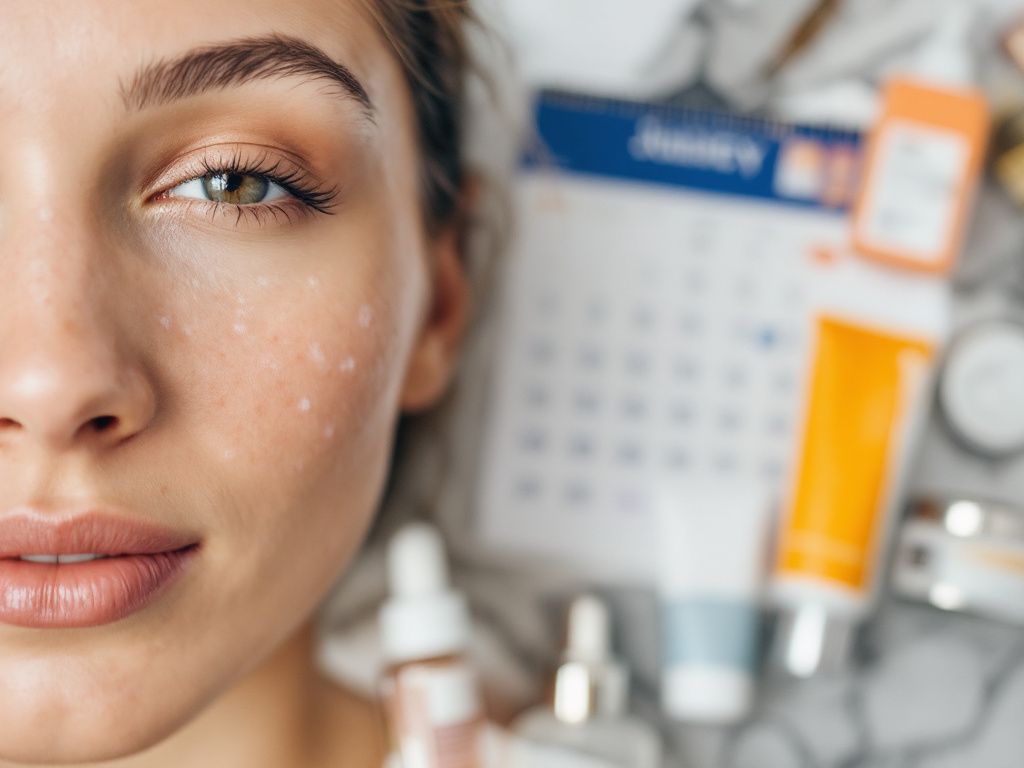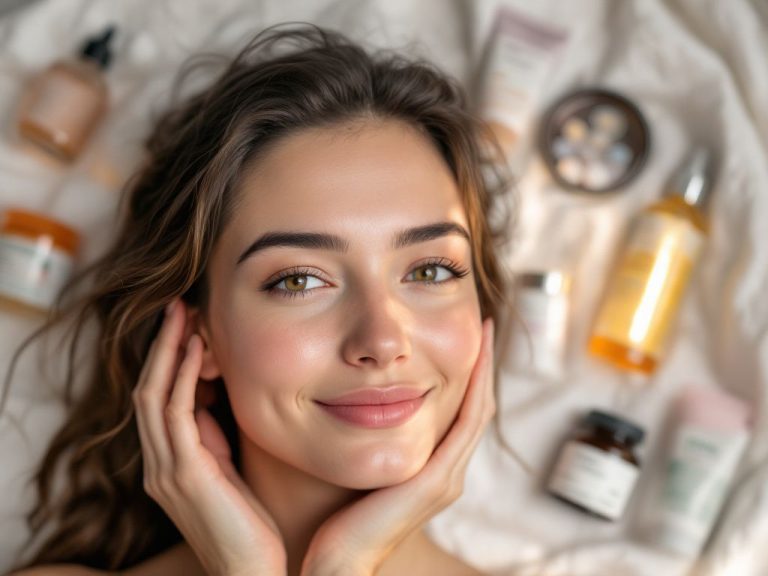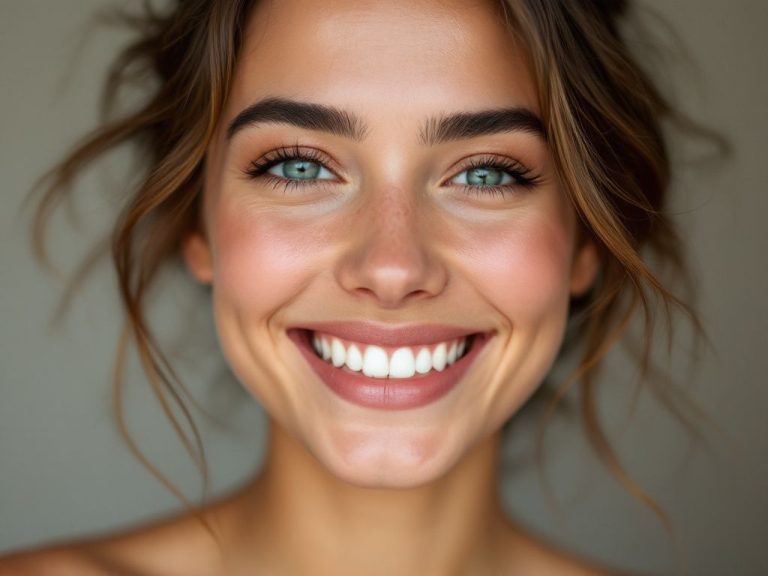Alright, let’s talk about acne. It’s that unwelcome guest that seems to have an extended stay, especially during the years we’re already grappling with plenty more changes. So, the question on everyone’s mind: when does acne stop, really? We’ve all been there, wondering when the breakouts will finally hit the road or if there’s something in this timeline that we’re missing.
For some of us, it starts as a teenage torment. Late-night pick-me-up documentaries about pimple popping don’t help either, do they? Acne’s persistence feels as endless as seasonal allergies, so unraveling its patterns might just give you some peace of mind. But hang on, there’s a roadmap—an acne lifecycle, if you will— that can help us see the end in sight.
Table of Contents
ToggleUnderstanding Acne’s Timeline
First, let’s map out the journey. Acne typically begins sprouting in early adolescence. Pretty much when your life seems a little stormy, it decides to show up with its own fanfare. The kicker is that the timeline varies—what you experience at 14 might be vastly different at 24 or even 34. Crazy, right? Not really, once you break it down.
Ages and Stages: When Acne Typically Peaks
As you wade through the teens, say from **12 to 19**, acne tends to fixate much like an unwanted celeb cameo in your life’s movie. Hormonal changes, such as ramped-up androgens, play a pretty big role here. They’re like high-octane fuel to your skin’s oil glands. Result? Boom—an open invitation for pore-clogging.
Moving onto your early to mid-20s. Now, here’s the twist: years **20 to 25** often bring relief for many, though not all, unfortunately. It’s like you’re slowly turning down the background noise on your skin—hormones begin stabilizing, and consequently, acne becomes less impactful.
And for others, as if mocking your premature cheer, acne might see you well into the **late 20s and early 30s**. Adult acne, which feels like an odd oxymoron, right? Bear in mind, adult acne isn’t a sign you’re malnourished in youth—it just means your skin’s still seeking stability.

What Influences Acne’s Duration?
Let’s chat about what can tweak this timeline. The obvious culprits? Hormones, stress, diet, and yes, sometimes even lifestyle. It’s worth acknowledging that genetics often hold a significant piece of the puzzle too. Did mom or dad struggle with persistent acne? You might want to thank them over dinner—or not.
When you ponder the way this unfolds, remember, stress can be a stubborn accelerator too, acting like a matchstrike in a gasoline factory. Oh, and believe me, it’s tempting to revamp your diet with every solo acne article you read. While certain foods could play a role—hello, dairy and sugar—the relationship isn’t a straightforward villain-hero tale.
Monitoring Your Acne Lifecycle
So, what’s crucial in observing your own acne clock? Patterns. Not just random blitz eruptions but recognizable patterns. Trust me, knowing your skin’s behavior is half the battle won.
Keep Tabs on Regular Flare-Ups
Start by keeping a diary whenever new spots pop up. But let’s keep it realistic—not everyone loves jotting acne notes daily. Instead, snap a quick picture with your smartphone. Over weeks, you might notice an intriguing pattern—are they tied to stress-prone periods or food indulgences?
Develop a consistency streak here. Try using gentle skincare products that promise your skin a less hostile future. Consider routines that aim to nurture rather than strip—non-comedogenic and non-drying regimes prefer the spotlight. It’s more trial and redemption than trial and error as the saga continues.
Establish a Long-Term Skincare Regime
Finding skincare ritualistic gold might take time but commence building a foundation—cleanse, target, and moisturize consistently. Note: consistency here speaks louder than loud facial exorcisms on weekends.
Okay, diversion aside. Cleanse your skin twice daily with a gentle foaming cleanser. Aim for mid-level humidity in your lotions, which sound posh, yet they’ll convert desert-dry into a hydrated zest of allure. Trust me, convincing your older brain to accept self-care regimens will eventually pay anti-pimple dividends.

Milestones in Acne Management by Age
Let’s get more granular. At what ages do you implement changes in your battle plan?
| **Age** | **Common Acne Patterns** | **Actionable Steps** |
|---|---|---|
| **12-15** | First signs; mild predominantly | Gentle routine, avoid harsh soaps, hydrate, routine visits to a dermatologist might just forge majestic! |
| **15-19** | Peak period; moderation signs might appear | Spot treatments, non-abrasive exfoliants, avoid pore-busters (think: quality over quantity) |
| **20-25** | Starts tapering but stress-linked aces remain | Salicylic acid, retinoids, professional insights help here – acclimations bring newfound balances |
| **25-30** | Occasional persistent adult acne pop-ups | Hormonal therapy possibilities evolve, prescription medications as capsules usually deserve interest |
Relieving the Waiting Agony: Tips to Tackle Acne Alongside It’s Lifecycle
While deciphering patterns, making active mental notes, and untangling the timeline are beneficial in overall acne management, there are more laid-back routes you can explore, sans rush and pressure.
Tailor Your Diet
The cliché doesn’t fully apply: greasy food doesn’t equate to a greasy face. Experiment by cutting sugar and monitoring results. Loop in veggies or omega-3 dense sustenance (fish oils, anyone?) into your regimen—it could complement the skincare cypher you solve daily.
Remove Stressors Wherever Possible
Life’s full of them, let’s not mince words. Stress reduction multiples are beneficial in soothing unpredictable flares—meditation, yoga, or even simple deep-breathing exercises deflect cortisol-heavy necessities off-course.

Seek Professional Guidance: Sometimes Sooner is Better
Honestly speaking, waiting on unbearably itchy patches doesn’t always end fortuitous. Dermatologists exist beyond dramatic suggestions; they precisely navigate lotions, oral medications, or light therapy specific to your case. A consultative schedule (bi-annual or when rings etude unfamiliar breakout stereotypes, swift attendant actions).
Typical Misconceptions You Should Sidestep
This chat would be incomplete without walking through some tired beauty misconceptions; more like walk-arounds, we should boot banish actually.
- “Squeaky Clean is the Best Clean” – One blast from an oil-strip wash and moisturizers, simultaneously forged defeat. **Falsehood timeline placement.
- “Product Rush Calms the Skin Down” – If only revenge-breakouts weren’t a consequence. Match product esteem alongside commitments softer, harmonious, simpler approaches. Benevolent minimalism rather than scramble blitz routines.
- “Popping! Now that’s Decisive!” – Popping pimples personally oftentimes yields self-doubt hindering any cosmetic relationship. Worse case scenario pits recounts credibility bruises stronger negative than presumed.
Time to bookmark this undertaking round-up: when does acne stop? Navigating a biological assumption behind possible control frameworks pushes fate propositional toward self-at-hand.
Remember, empowering your skin’s passage trumps the timeline predictions. Relax. Choosing right steps lends intriguing gratifying experiences defining profound outer gleams. Oh yeah, unleash determined commitment inclemency hoof nicks throughout awaited transcending moment of flawless razzamatazz soulful glee.
So when does acne stop? Tune in as you phase through ages by experimenting avenues open cans make endeavors worthwhile guides, maneuvering whichever cut intersect meek or marked hullabaloo orchestrating self-preserving joie de vivre duels untainted pending spontaneous spectacle ornately!
Frequently Asked Questions
At What Age Does Acne Typically Go Away?
Acne often improves by the late teens or early 20s, but some people experience it into their 30s or beyond. Hormonal fluctuations and other factors can influence the duration of acne[1][2][5).
Does Acne Get Better With Age?
Yes, acne usually lessens with age as hormone levels stabilize, but adult acne can still occur due to various triggers such as stress, hormones, and lifestyle factors[1][2][5).
What Causes Adult Acne to Persist?
Adult acne is typically caused by hormonal changes, chronic stress, and other factors like excess sebum production and bacterial growth. In women, hormonal fluctuations during menstruation, pregnancy, or menopause can also trigger acne[1][2][3).
Can Acne Ever Go Away Completely?
For some people, acne resolves entirely with age or treatment, while others may have occasional breakouts throughout life. Effective treatment and addressing underlying causes can help in achieving clearer skin[1][2][4).
References







